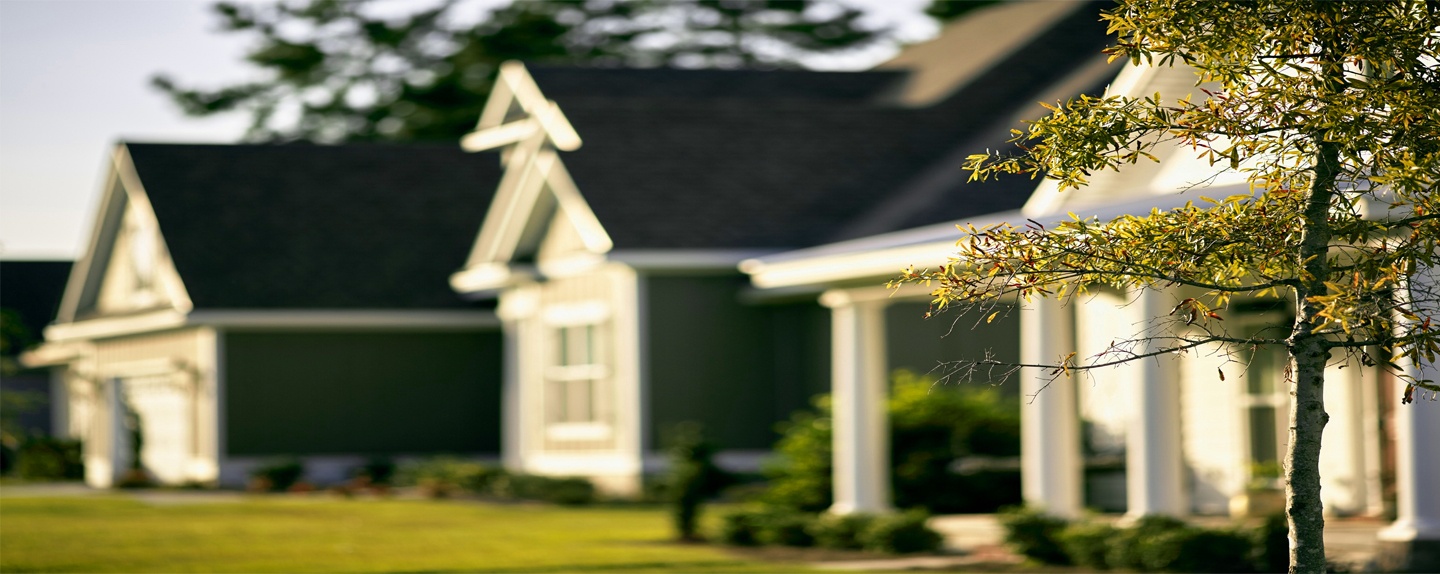When a homeowner in the North Shore decides to use fertilizer, their first question is, should I use organic or synthetic? Choosing an organic fertilizer is driven by the concern that other harmful chemicals could seep into the lawn and contaminate the groundwater and the lawn your children and pets play on.
Whether driven by a concern for your family’s safety, effects on the environment, or perhaps both, there’s usually less of a focus on the results you can expect. As with any type of lawn care technique, you want to be sure you're getting the best result for your value. Let’s take a look at what kind of impact an organic fertilizer has compared to a synthetic fertilizer.
Synthetic Fertilizer
With synthetic slow-release fertilizers, lawns receive nutrients in a gradual and measured release. This steady flow of nutrition helps boost the health of lawns within a matter of weeks. Although it is synthetic, it is still made up of natural supplements, nitrogen, phosphorus and potassium.
Using slow-release fertilizer doesn’t force any fast growth that isn’t natural, in result putting less stress on your lawn. This will also help give you a stronger turf in the end, which will reduce the chance of lawn disease.
Keep in mind that there are quick-release fertilizers, but try and avoid using these. Because of the quick- release, plants receive a rush of nutrients all at once and then suddenly none, causing the overall health of your lawn to suffer.
Organic Fertilizer
The words “organic” or “natural” simply mean that the product is only minimally processed, and the nutrients are in their natural forms. As organic fertilizers break down, they release nutrients and improve the structure of the soil, increasing its ability to hold water and nutrients.
Although, with organic fertilizer you’re more likely not going to see much results for some time. Organic fertilizers break down according to nature, so they may not release nutrients as soon as you need them to.
How Effective Are the Results?
It’s not just the speed at which synthetic fertilizers work that make them the favored choice, but also the effectiveness of their results.
Synthetic slow-release fertilizers are formulated to have the right ratio of desirable nutrients, giving your lawn a good distribution of nutrients that it needs to achieve the result of a healthier, thicker, and greener lawn.
Organic fertilizer is not only more expensive, but the materials break down at different rates, which can cause an unequal nutrient breakdown throughout. Because the lawn may be receiving more nutrients through the soil than other areas, it has the potential to cause some bare spots.
Another thing to consider is weed control. When using synthetic fertilizer, you will also be using weed control to treat your lawn. If you use organic fertilizer, weed control is not applied to your lawn unless it is requested, defeating the purpose of strictly using organic products on your lawn. So if you were to use organic fertilizer, you may see more of a weed problem in your lawn.
Swap Ineffective Organic Fertilizer for Safe Synthetic Fertilizer
If you’re worried about chemicals in your lawn fertilizer, you have every right to be. After all, your loved ones will be playing and using your lawn and safety should be a concern with any lawn care product you use. But, this doesn’t mean you have to sacrifice products that show the best result.
Synthetic fertilizers release the same organic elements as organic fertilizer, the big difference is most synthetic fertilizer has a coating on them so they release slowly into the soil. This produces better results for your lawn and is actually better for the environment. Provided you have a professional spreading products according to laws and regulations, synthetic fertilizer is completely safe for your children, pets, and lawns.
When hiring a lawn care company, be sure you understand what products are being used. This is very important in receiving expected results versus actual results.
Ask The Pros
If you're looking for more information on types of fertilizers in the North Shore or just ready to speak to someone about your lawn care needs, go to www.GrassmasterPlus.com or call 978-769-3595 today!

